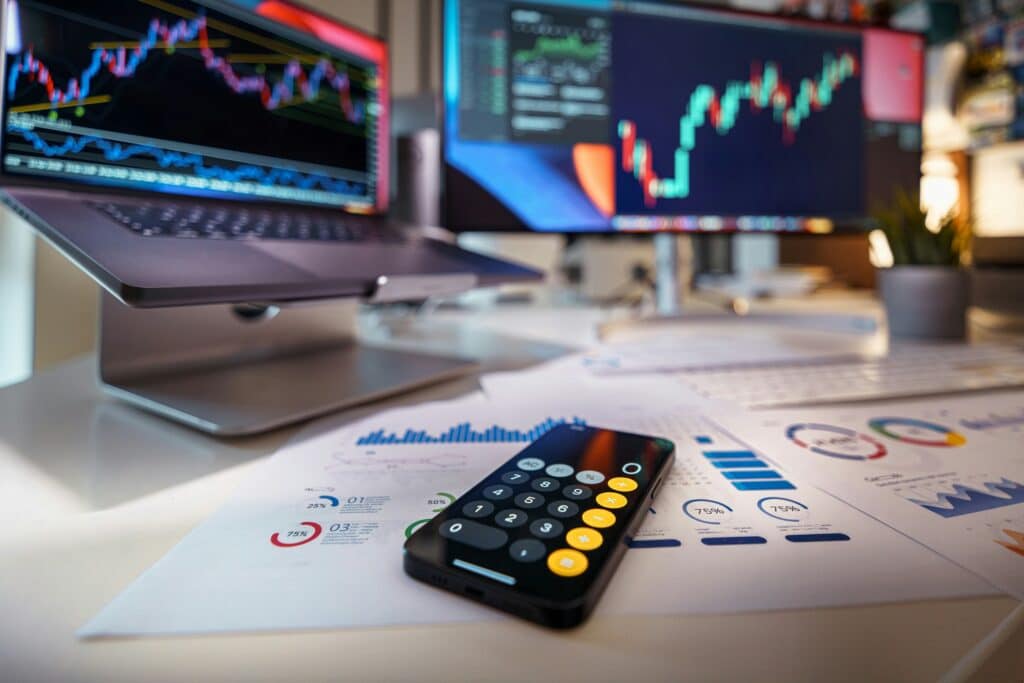Introduction
Trading can be risky — but learning how to trade doesn’t have to be. That’s where paper trading simulators come in. Whether you’re just starting out or testing a new strategy, using a simulator allows you to trade in real-time market conditions without risking any actual money.
🧾 What Is a Paper Trading Simulator?
A paper trading simulator is a platform that mimics real trading environments. You can buy and sell stocks, crypto, or other assets using virtual money. The key advantage? Zero financial risk.
In the past, traders would literally use paper to record hypothetical trades. Today, platforms like TradingView, Thinkorswim, and others let you simulate trades with real-time data, charts, and performance tracking.
🧠 Why Use a Simulator?
1. Practice Without Pressure
Paper trading gives you the freedom to learn how the markets work — without the stress of losing money.
2. Test Your Strategies
Have a new trading method or signal system? Run it through a simulator to see how it performs under current market conditions.
3. Develop Emotional Control
Most losses come from emotional decisions. Practicing with a simulator builds the discipline to follow your strategy calmly.
4. Learn Platform Tools
Before trading live, get comfortable with placing orders, setting stop-losses, and analyzing charts on the platform of your choice.
📊 What to Look for in a Good Paper Trading Platform
- Real-time market data (not delayed)
- Wide asset selection (stocks, crypto, forex, etc.)
- Realistic trading conditions (slippage, spreads)
- Historical performance tracking
- Mobile and desktop support
💡 Pro Tips for Paper Trading Success
- Treat your virtual account like it’s real money
- Set clear goals: Are you testing a system or learning execution?
- Limit your number of trades to simulate real decision pressure
- Log your trades and review what worked and what didn’t
Conclusion
Paper trading is one of the smartest ways to prepare for real markets. It’s your chance to fail, learn, and refine your skills — all without losing a dime. Every great trader starts here.







